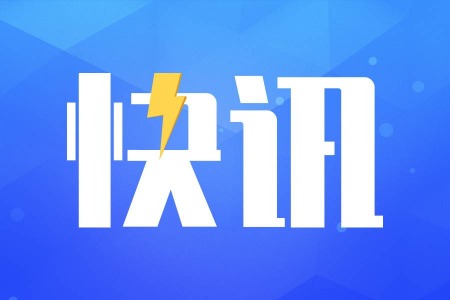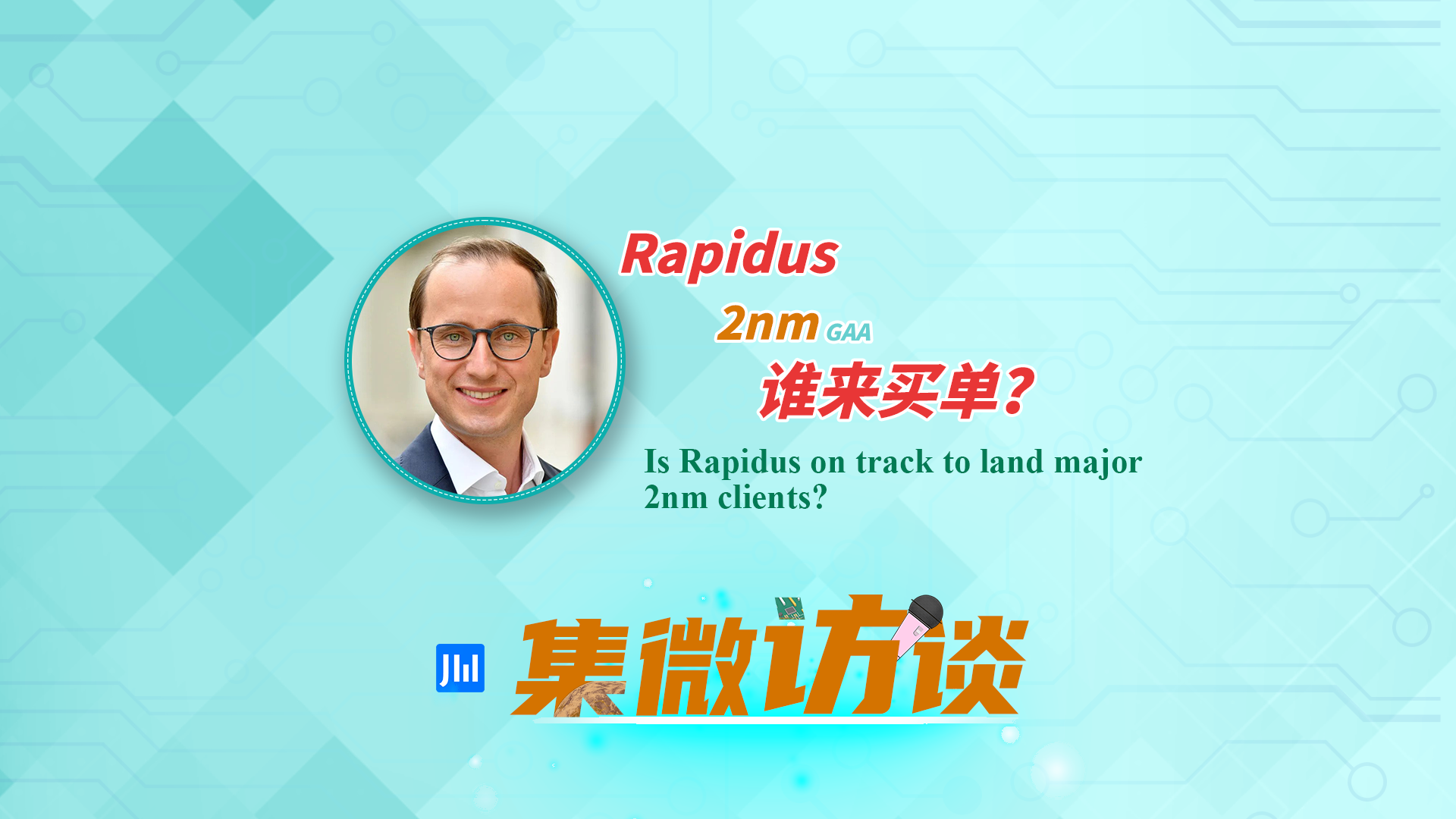By Kate Yuan
(JW Insights) Aug 16 -- Middle Eastern countries are scaling up their investments in China, especially in the new energy vehicle (NEV) industry, which stands in stark contrast to the US' continuous restrictions on investing in Chinese technologies.

On August 14, China Evergrande Group (恒大集团) announced that its NEV unit had received a strategic investment of approximately $500 million from NWTN, a Dubai-based mobility company. The investment comes at the right time for Evergrande, which is burdened with a huge debt.
Evergrande New Energy Automobile is not the first Chinese NEV company to collaborate with Middle Eastern capital players. The enthusiasm for Middle Eastern countries to invest in China has been increasing since last year, with NEV becoming an important sector.
As early as December 12, 2022, Enovate (天际汽车) announced the establishment of a joint venture with Saudi Arabia's Sumou Holding with $500 million investment. They agreed to build a production and R&D base in Saudi Arabia with an annual production capacity of 100,000 NEVs.
In June 2023, the Saudi Arabian Ministry of Investment signed a $5.6 billion agreement with Human Horizons (华人运通) to establish a JV for automotive research, manufacturing, and sales.
On June 19, CH-Auto Technology (长城华冠) signed a strategic cooperation agreement with Manaseer Group, Jordan's largest private company. The two parties will jointly establish a JV in Jordan, which will serve the Middle East and North African markets.
On June 20, Chinese EV startup NIO secured $1.1 billion investment from CYVN Holdings, an investment institution owned by the Abu Dhabi government.
China's robust position in the emerging NEV industry shows its advantages. Moreover, Middle Eastern countries, heavily reliant on oil production, are confronted with the urgent task of energy transformation and the imperative to mitigate the risks associated with oil dependency.









